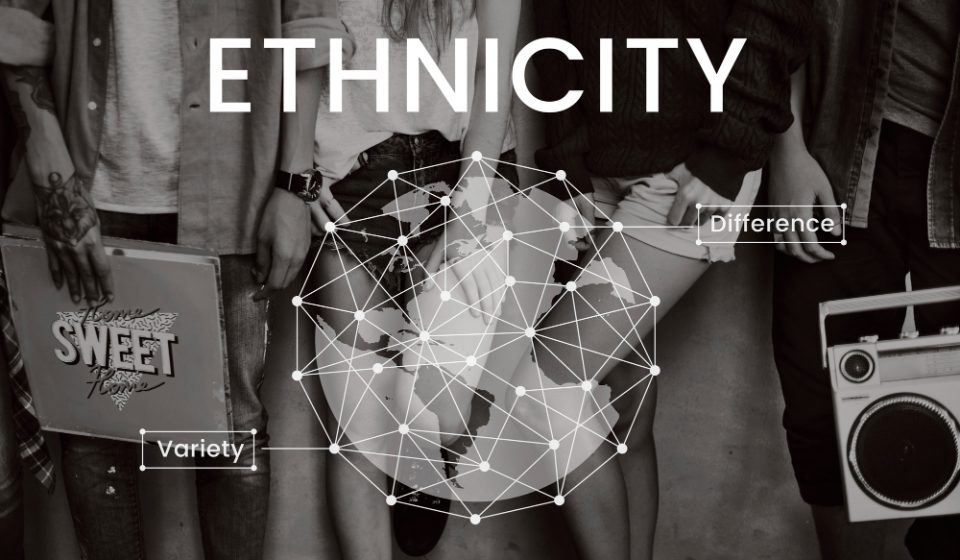
Is Ethics Possible in an Automated Business World?
The twenty-first century has ushered in an age of astonishing technological sophistication. Artificial intelligence (AI), machine learning systems, and automated decision-making models are transforming industries at unprecedented speed. Corporations now rely on algorithms not only to process data but also to influence hiring decisions, pricing strategies, supply chain logistics, and even humanitarian or environmental policies. Automation offers the promise of hyper-efficiency, precision, and profitability—but it also introduces an ethical vacuum. Can moral reasoning exist in a business world governed largely by code and data-driven directives?
The question of whether ethics is possible in an automated business environment requires a closer look at how values are translated into machine logic. Ethics has always been an inherently human practice—a dialogue between empathy, social responsibility, and moral reflection. Machines, on the other hand, operate on deterministic parameters. They can simulate ethical reasoning through computation, but they lack consciousness, intention, and the capacity for moral emotion.
When businesses automate ethical decision-making—whether through predictive hiring algorithms or risk assessment models—they must define what ethics means in quantifiable terms. Yet moral questions often resist quantification. For example, an AI system might determine the most “efficient” course of action by maximizing shareholder value, but such efficiency might come at the expense of long-term human welfare, equitable labor practices, or environmental stewardship. Without mindful human oversight, efficiency becomes the silent replacement of morality with mathematics.
This tension between automation and human conscience is further complicated by scale. In global corporations, automated systems make thousands of decisions per second. Each choice may seem insignificant, but the cumulative moral impact can be enormous—shaping consumer access, perpetuating bias, or marginalizing certain populations. The moral code embedded in these systems reflects the blind spots and priorities of their human creators. Thus, the challenge is not merely technical; it is philosophical and deeply human.
Automation in business forces leaders to confront a new moral frontier. They must balance the pragmatic demands of productivity with the invisible requirement of ethical coherence. The moral responsibility no longer rests solely on individual managers or executives—it extends to the design and deployment of the systems themselves. In this way, ethics in an automated world is not impossible, but it demands reinvention. The future of moral business conduct may depend on our ability to integrate accountability into lines of code and compassion into algorithms trained on data drawn from imperfect human histories.
Beyond Algorithmic Accountability: Reimagining Corporate Responsibility and Ethical Integrity in a World Where AI Shapes the Future of Work, Profit, and Human Values
As automation penetrates deeper into every layer of commerce, from customer interactions to corporate governance, the concept of “algorithmic accountability” emerges as a crucial safeguard. Most discussions about ethical automation focus on fairness, transparency, and explainability—key elements that help humans understand how machines make decisions. But algorithmic accountability alone is not enough. A broader reimagining of corporate ethics is necessary—one that treats technology as a moral participant rather than a neutral tool.
Corporations must first acknowledge that automation is not ethically neutral. Every automated decision embodies the priorities of those who designed it. If a business prioritizes cost-cutting above all else, its algorithms will replicate that value system in every recommendation. Conversely, if the company embeds ethical constraints—such as fairness checks or environmental metrics—automation can become a force for social good rather than a mechanism for moral displacement.
The future of ethical business practice in an automated world will therefore rely on three pillars: transparency, inclusion, and moral literacy. Transparency ensures that automated decisions can be explained and challenged, reinforcing trust among stakeholders. Inclusion guarantees that diverse human perspectives inform system design, reducing the risk of bias. Moral literacy—perhaps the most neglected principle—refers to the capacity of both leaders and technologists to interpret ethical dilemmas through the lens of human impact rather than computational logic alone.
Moreover, the integration of ethics into automation requires a shift from compliance-driven models to value-driven governance. Rather than asking, “Does this system meet regulatory standards?” companies must begin to ask, “Does this system promote human dignity, equity, and long-term sustainability?” Such a reframing aligns automation not only with corporate efficiency but also with social progress.
The implications of this shift are vast. Automation is reshaping labor markets, redistributing economic power, and redefining the meaning of work. In this context, companies have the moral obligation to use technology as a means of empowerment rather than displacement—to deploy AI not simply to replace human workers but to augment human potential. Ethical automation would then involve investing in skill development, ensuring digital equity, and preserving the human capacity for creativity and judgment that no machine can replicate.
Ultimately, ethics in an automated business world is not a static principle but an evolving practice. It demands flexibility, humility, and a willingness to confront uncomfortable truths about the systems we build and the values we encode within them. The businesses that thrive in the coming decades will not be those that automate the fastest, but those that automate the most responsibly—balancing data with conscience, algorithms with empathy, and innovation with integrity.
In the end, the moral code within the machine is only as ethical as the humans who write it. The challenge before us is not to surrender moral agency to automation but to redefine it—to craft a business world where human values do not fade behind the glow of efficiency, but shine through it.






